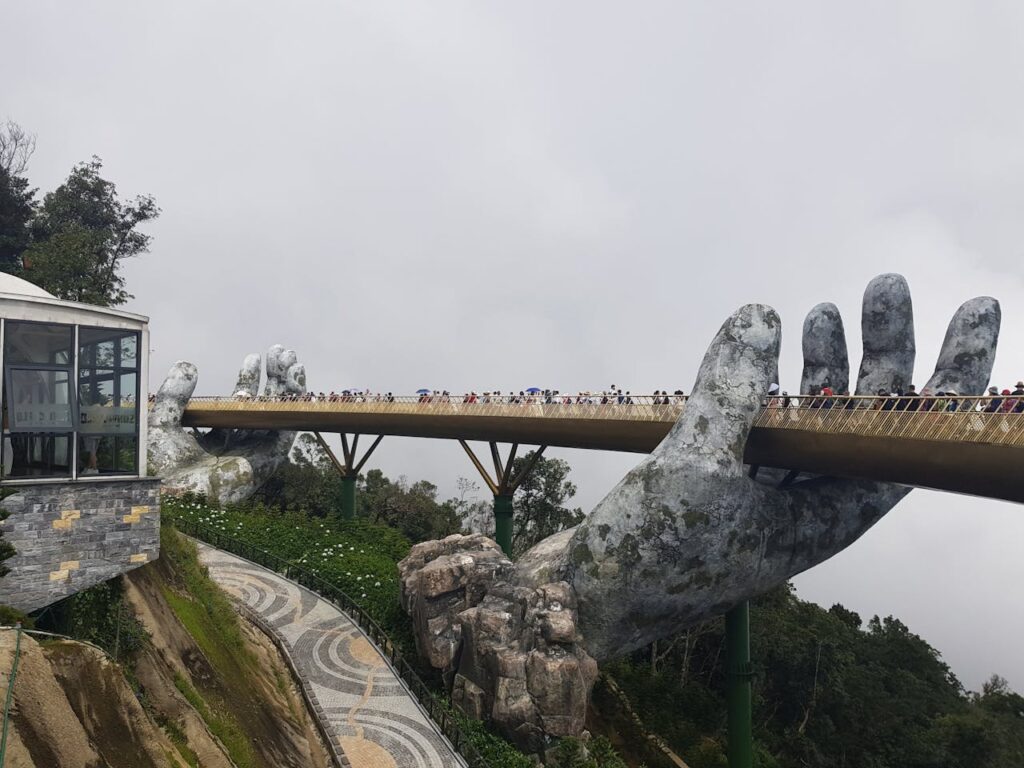Hyper-Personalized Experiences: Artificial Intelligence in the Travel and Tourism Industry

Hyper-Personalized Experiences: Artificial Intelligence in the Travel and Tourism Industry
The travel and tourism sector has always succeeded by providing customers with experiences that they will remember for a long time. However, the previous methods of trip planning frequently seemed impersonal since they included package discounts, cookie-cutter itineraries, and advice that were not tailored to the individual. Hyper-personalization, which involves customizing each phase of the trip to suit the preferences, actions, and requirements of each individual, is being made possible by artificial intelligence (AI), which is now in the process of revolutionizing the industry. Travelers are entering a time in which no two trips are the same, thanks to services ranging from concierge services driven by artificial intelligence to itineraries that are tailored to each individual visitor.
1. The Growing Trend of Travel that is Centered Around Experiences
Travelers in the current era are no longer content with the traditional tours and predetermined packages that were once the norm. They are in search of experiences that are one-of-a-kind and tailored to them, ones that represent their own particular interests. These experiences may include gastronomic adventures, cultural immersion, or eco-friendly tourism, among other things. Through the analysis of vast volumes of data, artificial intelligence (AI) is assisting the business in meeting this need by predicting what each tourist would value most.
2. Trip planning with the assistance of artificial intelligence
Planning a vacation may be difficult, particularly when confronted with the seemingly limitless number of possibilities available on the internet. Platforms that are powered by artificial intelligence make this process easier by learning from user preferences, budgets, and prior journeys in order to provide recommendations for itineraries that are very relevant. Travelers are provided with curated recommendations for locations, lodging, and activities that are specifically customized to their individual needs and preferences, which eliminates the need for them to browse through hundreds of websites.
3. Recommendations That Are Personalized and Delivered in Real Time
Artificial intelligence doesn’t just stop at planning; it also continues to work during the journey itself. Artificial intelligence (AI) systems are able to provide recommendations for restaurants, attractions, or activities that are located nearby and that are in accordance with the preferences of a tourist. This is accomplished by evaluating both geographical data and real-time behavior. For instance, when a tourist is visiting a new location, they may obtain immediate recommendations for art galleries exhibiting in the area if they are a regular visitor of art galleries.
4. Virtual Travel Assistants
Chatbots and voice assistants that are driven by artificial intelligence (AI) serve as personalized travel concierges. They are available around the clock to answer queries, manage reservations, give translations, and provide assistance. These assistants are able to manage many requests at the same time, which is unlike conventional customer service. This makes passengers’ lives easier and reduces their stress levels since they are constantly present and ready to help.
5. Intelligent Deals and Dynamic Pricing
In order to dynamically change pricing, hotels, airlines, and travel platforms use artificial intelligence (AI) to evaluate demand, seasonality, and market trends. This is advantageous for companies because it maximizes income, but it also provides passengers with the opportunity to get individualized bargains. Users using AI systems have the ability to get notifications when travel costs decrease, have predictions made on the optimal times to book flights, or receive unique discounts based on data related to customer loyalty.
6. Improving Hospitality Through the Use of Artificial Intelligence
Artificial intelligence is becoming more and more popular among hotels, which are using it to provide customers with personalized experiences. Personalization goes well beyond the process of making reservations. It encompasses everything from smart rooms that change the lighting and temperature based on personal preferences to concierges driven by artificial intelligence that keep track of guests’ previous decisions. In addition to making tourists more comfortable, these additions foster loyalty by giving them the impression that they are both acknowledged and respected.
7. Artificial Intelligence and Language Barriers
When it comes to traveling internationally, communication is one of the most significant problems. Travelers are now able to use translation applications powered by artificial intelligence (AI) to communicate with one another in a seamless manner between languages, whether they are reading menus, conversing with locals, or asking for directions. Real-time translation eliminates obstacles and makes travel more inclusive and accessible for everyone.
8. Travel That Is Environmentally Friendly and Ethically Sound
Additionally, artificial intelligence is assisting travelers in making decisions that are sustainable. Artificial intelligence (AI) is able to provide recommendations for more environmentally friendly hotels and transportation by examining carbon footprints, energy use, and environmentally favorable alternatives. This assists tourists who are concerned about the environment in aligning their trips with their sustainability objectives while also motivating businesses in the sector to implement practices that are more conscientious.
9. Worries Regarding the Privacy of Data
Hyper-personalization improves travel experiences, but it depends on the collection and analysis of personal information including location, interests, and spending patterns. This brings up worries about the security of data and the privacy of individuals. Achieving a balance between customization and data protection for users will be essential for the future of tourism that is driven by artificial intelligence.
10. The Part That Artificial Intelligence Plays in Crisis Management
The significance of being able to adjust while traveling was emphasized by the COVID-19 epidemic. Travelers were able to change reservations, keep an eye on limitations, and get real-time information thanks to the assistance of AI systems. As we look into the future, artificial intelligence (AI) will continue to play a role in crisis management, whether it is in response to health crises, natural catastrophes, or unanticipated interruptions.
11. The Future of Travel That Is Powered by Artificial Intelligence
As artificial intelligence (AI) continues to develop, it is possible that people who travel in the future may have the opportunity to go on trips that are totally organized by intelligent systems. Envision artificial intelligence (AI) assistants who are capable of designing full itineraries according to your mood, suggesting places that are off the usual route, and dynamically adjusting plans when unforeseen chances present themselves. In addition, augmented reality, which is driven by artificial intelligence, might provide immersive cultural experiences, bringing locations to life in innovative ways.
By making trips more individualized, convenient, and meaningful, artificial intelligence is revolutionizing the travel and tourism industries. Hyper-personalization guarantees that each and every visitor will have an experience that is specifically customized to their needs, from the planning and booking phase to the provision of advice in real time and the opportunity to make sustainable choices. Artificial intelligence (AI) is a game-changer in the business because it can provide personalized, frictionless, and rewarding experiences. However, despite the advantages of using AI, there are still concerns around data privacy. In the future, travel will be about more than simply places to visit; it will be about experiences that are carefully and intelligently created.




